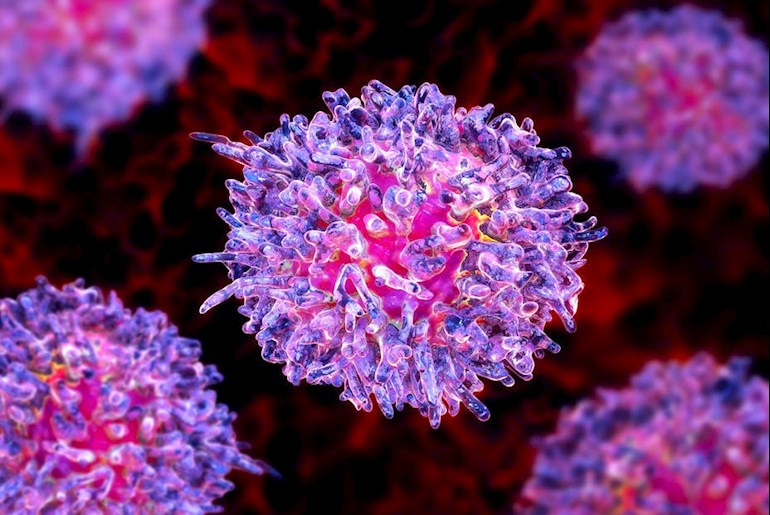Researchers found that lymphoma and leukaemia cells actually cause inflammation in stroma cells and that these cells also produce a protein, called kinase C (PKC)-beta, after coming in contact with cancer cells. We’ve now found that this protein causes resistance to chemotherapy in cancer cells.
They found that when a stroma cell’s genes made it unable to produce this protein, it developed resistance to lymphoma and leukaemia. Knowing the role that this protein plays gives us a way of interfering in the communication that takes place between cancer and stroma cells – effectively cutting the lifeline for cancer cells, and ideally enhancing the effects of cancer therapies.
Re-purposing drugs to directly target stroma cells next to tumours – not the cancer cells – makes cancer cells more vulnerable to chemotherapy. Simultaneously, targeting cancer cells with chemotherapy and stroma cells with PKC-inhibitors is better than using either treatment alone. This “double strike” on immune cancers has the potential to significantly enhance current treatments and extend life expectancy for many patients.
More here: theconversation.com/cancer-...
